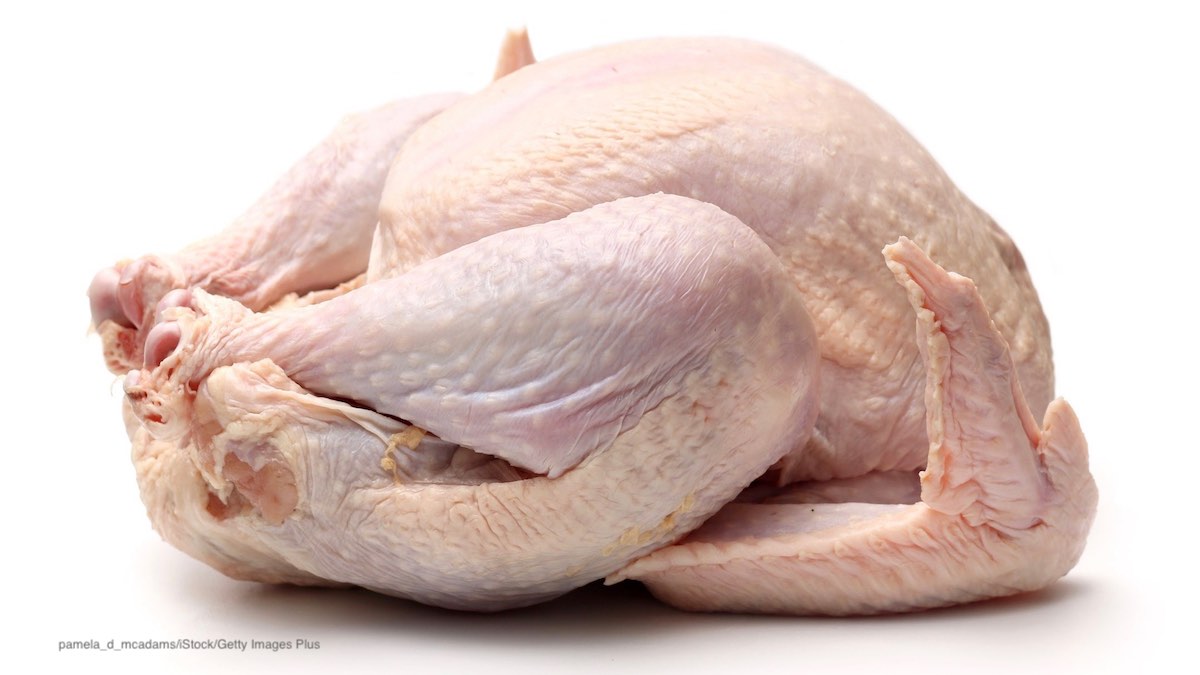Multidrug-resistant Salmonella Infantis infections have sickened at least 92 people in 29 states, according to the Centers for Disease Control and Prevention. Twenty-one of those patients have been hospitalized because they are so sick.

The case count by state is: Alabama (1), California (1), Connecticut (1), Delaware (2), Florida (2), Georgia (2), Hawaii (1), Illinois (5), Indiana (1), Kentucky (1), Louisiana (1), Maine (1), Maryland (2), Massachusetts (9), Michigan (3), Minnesota (3), Missouri (3), North Carolina (4), Nebraska (1), New Jersey (9), New York (10), Ohio (7), Pennsylvania (11), Rhode Island (2), South Carolina (1), Tennessee (1), Texas (2), Virginia (2), and Washington (2). There is no explanation for why this multidrug-resistant Salmonella Infantis outbreak seems to be concentrated in the northeast part of the country.
Illness onset dates range from January 19, 2018 to September 9, 2018. The patient age range is from less than 1 year to 105. Thirty-four percent have been hospitalized, which is a very high percentage for Salmonella outbreaks. Usually, about 20% are hospitalized.
Unfortunately, there is no one source of this outbreak. The CDC notice states that “many types of raw chicken products from a variety of sources are contaminated with Salmonella Infantis and are making people sick.” The outbreak strain has been found in samples taken from raw chicken pet food, raw chicken products from 58 slaughter and processing establishments, and live chickens. Government officials have not identified a single, common supplier of raw chicken products or live chickens.
This evidence indicates that people in this multidrug-resistant Salmonella Infantis outbreak got sick from handling or eating raw or undercooked chicken.
And this strain is resistant to multiple antibiotics. That means it’s more dangerous, can cause more serious illness, and is much more difficult to treat. This strain is resistant to ampicillin, ceftriaxone, chloramphenicol, ciprofloxacin, fosfomycin, gentamicin, hygromycin, kanamycin, nalidixic acid, streptomycin, sulfamethoxazole, tetracycline, and trimethoprim-sulfamethoxazole.
So the CDC can only offer advice to consumers. Always wash your hands after handling raw chicken, after contact with animals, and after using the bathroom. Always cook raw chicken to 165°F, and test that reading with an accurate food thermometer. Always reheat leftovers to 165°F, again tested with a food thermometer.
Never wash raw poultry. Bacteria on that food can aerosolize and spread around your kitchen.
Always wash hands, cutting boards, utensils, plates, and counters with warm, soapy water after contact with raw chicken. Use a separate cutting board for raw chicken and raw meats to avoid cross-contamination.
The CDC does not recommend feeding raw diets to pets. Those products can be contaminated with pathogenic bacteria such as Salmonella, Listeria monocytogenes, and E. coli that can make you and your pets very sick.




